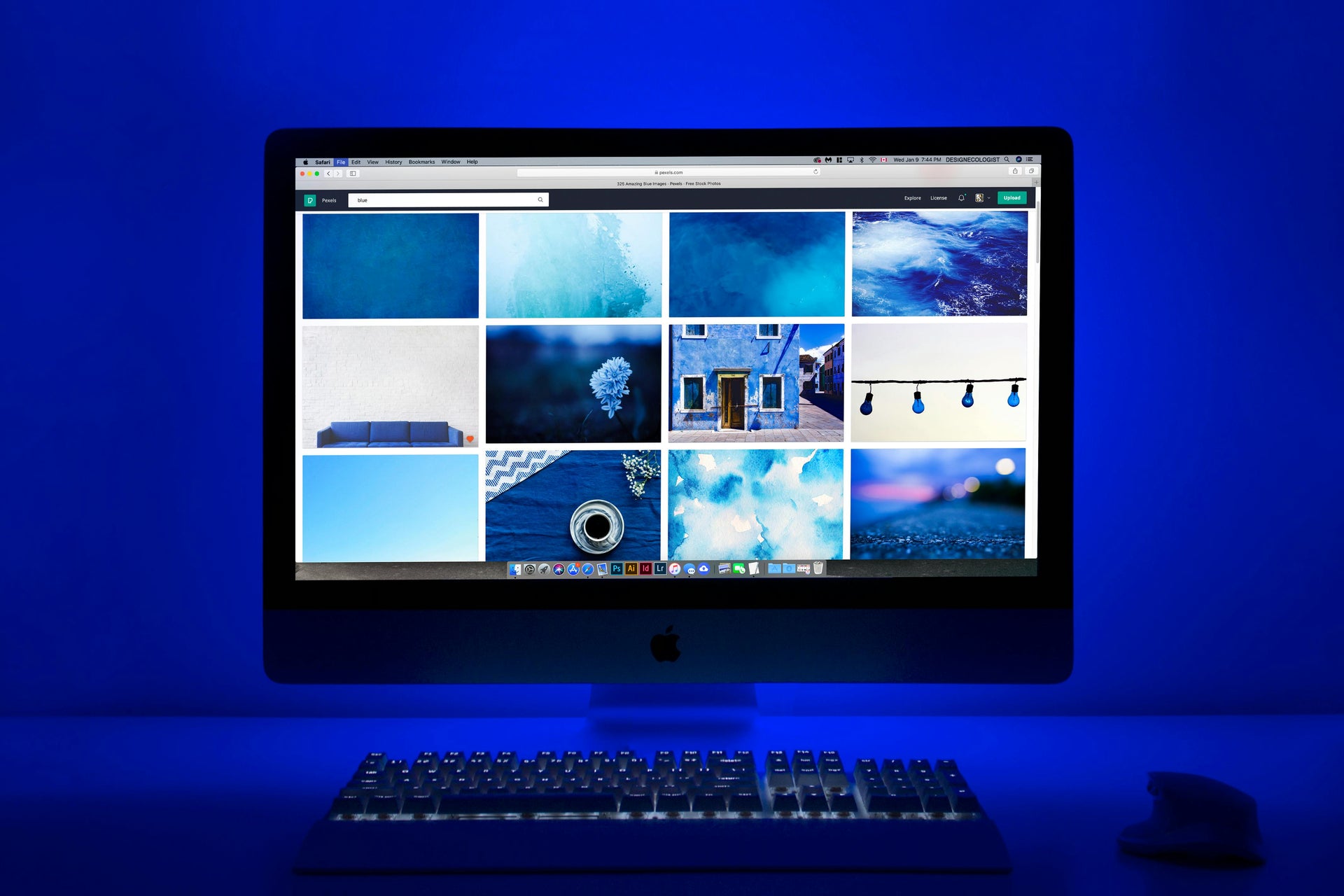
The Impact of Blue Light: How Screen Time Affects Your Sleep
Have you ever found yourself tossing and turning in bed after spending hours on your phone or computer? You’re not alone. The culprit might be the blue light emitted from your screens, which can significantly impact your sleep quality. Understanding how blue light affects your sleep and what you can do to mitigate its effects can help you achieve better rest and overall well-being.
The Science Behind Blue Light and Sleep
Blue light is a type of high-energy visible (HEV) light that is emitted by digital screens, such as smartphones, tablets, computers, and TVs. While blue light is beneficial during the day—it helps boost attention, reaction times, and mood—exposure to blue light at night can disrupt your sleep.
This disruption happens because blue light affects the production of melatonin, a hormone that regulates sleep-wake cycles. Normally, melatonin levels start to rise in the evening, signaling to your body that it’s time to wind down and prepare for sleep. However, exposure to blue light in the evening tricks your brain into thinking it’s still daytime, suppressing melatonin production and delaying the onset of sleep. This can lead to difficulty falling asleep, reduced sleep quality, and feeling tired the next day.
Research has shown that even a small amount of blue light exposure before bed can significantly reduce melatonin levels, leading to shorter sleep duration and disrupted sleep cycles. Over time, this can contribute to more serious sleep disorders and negatively impact your overall health.
Screen Time and Its Impact on Sleep
The increasing amount of screen time in our daily lives has made it harder for many people to maintain healthy sleep patterns. Whether it’s scrolling through social media, watching videos, or working late into the night, prolonged screen time exposes you to more blue light, which can have a cumulative effect on your sleep.
Children and teenagers are particularly vulnerable to the effects of blue light. With the rise of digital learning and entertainment, young people are spending more time in front of screens than ever before. This can lead to sleep problems, difficulty concentrating, and mood swings, which can impact their academic performance and overall well-being.
Adults aren’t immune to these effects either. Busy work schedules and the need to stay connected often lead to late-night screen use, which can interfere with the body’s natural sleep-wake cycle. Over time, this can contribute to chronic sleep deprivation, which is linked to a range of health issues, including obesity, diabetes, cardiovascular disease, and mental health disorders.
Melatonin and Blue Light: The Connection
Melatonin is a crucial hormone for maintaining a healthy sleep-wake cycle. Produced by the pineal gland in the brain, melatonin levels rise in the evening and remain high throughout the night, helping you fall asleep and stay asleep. However, exposure to blue light can inhibit melatonin production, leading to sleep disturbances.
Studies have shown that blue light exposure, especially in the evening, can reduce melatonin levels by as much as 50%. This reduction can delay the onset of sleep by more than an hour, leading to shorter sleep duration and poorer sleep quality. For those who are already struggling with sleep issues, such as insomnia or shift work disorder, the impact of blue light on melatonin production can exacerbate these problems.
To protect your melatonin levels and ensure a good night’s sleep, it’s important to manage your exposure to blue light, especially in the hours leading up to bedtime.
Practical Tips for Reducing Blue Light Exposure
While blue light is almost unavoidable in our modern, screen-centric world, there are several strategies you can use to minimize its impact on your sleep:
-
Use Blue Light Filters: Many devices now come with built-in blue light filters that reduce the amount of blue light emitted by your screen. These filters, often referred to as "night mode" or "night shift," adjust the color temperature of your screen to warmer tones, which are less disruptive to melatonin production. Consider using these settings in the evening or installing blue light filtering apps on your devices.

- Wear Blue Light Blocking Glasses: Blue light blocking glasses are specially designed to filter out blue light from screens. Wearing these glasses in the evening can help protect your melatonin levels and reduce the impact of screen time on your sleep. They are especially useful for people who need to work or study late at night.
- Establish Screen-Free Times Before Bed: Try to limit your screen time in the hour or two before bed. Instead of scrolling through your phone or watching TV, opt for relaxing activities that don’t involve screens, such as reading a book, meditating, or taking a warm bath. Creating a bedtime routine that excludes screens can help signal to your body that it’s time to wind down and prepare for sleep.
-
Increase Natural Light Exposure During the Day: Exposure to natural light during the day helps regulate your circadian rhythm, making it easier to fall asleep at night. Try to spend some time outdoors each day, especially in the morning, to reinforce your body’s natural sleep-wake cycle.

- Keep Your Bedroom Dark and Cool: Light exposure of any kind can interfere with sleep, so it’s important to keep your bedroom as dark as possible. Consider using blackout curtains, an eye mask, or dimming the lights in the evening to create a sleep-friendly environment. Additionally, keeping your bedroom cool can help promote restful sleep.
Conclusion
Blue light from screens can significantly disrupt your sleep by interfering with melatonin production and altering your natural sleep-wake cycle. However, by understanding the impact of blue light and implementing strategies to reduce your exposure, you can protect your sleep quality and overall health. Whether it’s using blue light filters, establishing screen-free times before bed, or wearing blue light blocking glasses, small changes can make a big difference in how well you sleep. Remember, a good night’s sleep is essential for your mental and physical well-being, so it’s worth taking steps to minimize the impact of blue light on your rest.
Wellness Wave is an affiliate marketer, and may earn from paid links.


